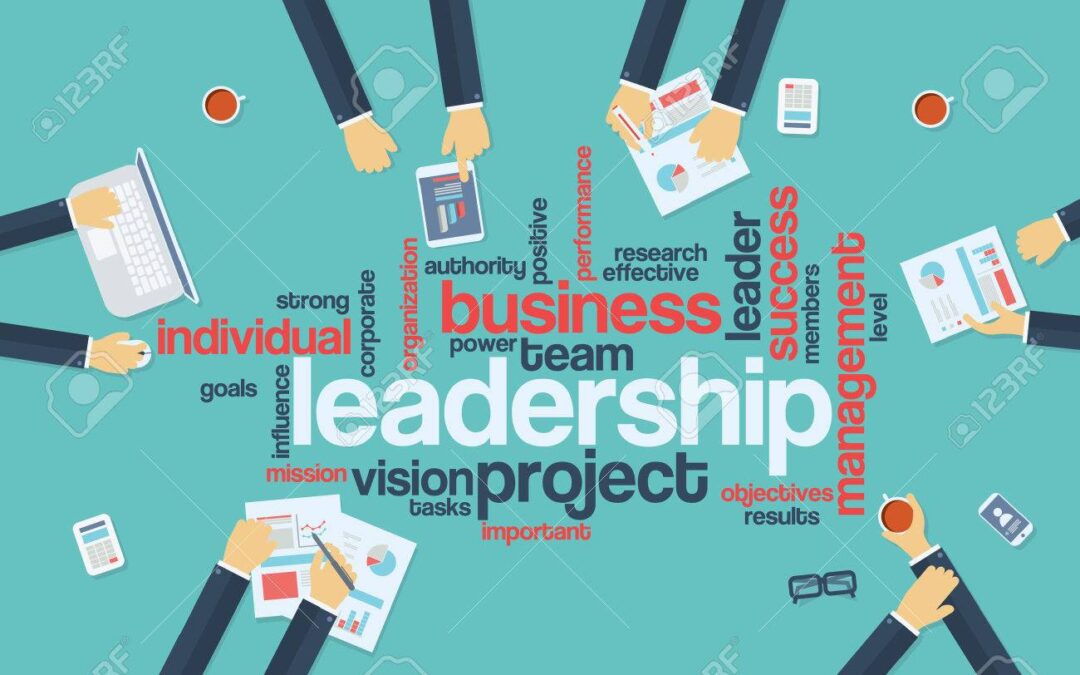Leadership must be provided in any situation in order to make things happen. Leaders provide direction and help everyone to move towards agreed goals. Although there are various explanations of the differences between management and leadership, there is a general consensus that leadership is about the ability to influence othes in the pursuit of organisational goals. This means that, although all managers should be able to lead, not all leaders will be managers, as leadership is not necessarily related to a specific position in the organization.
Experience, trial and error, personal growth and development all contribute to the process of becoming a leader; it does not just happen overnight. Sport provides countless opportunities to use and develop leadership abilities – as atheletes, spectators, judges, technicians organizers, health professionals, educators and coaches.
Effective leaders are those whose group members feel their needs are being met and who themselves feel their own needs are being met, i.e. there is an equitable exchange. In order to achieve this, you will need to develop the skills specifiic to your particular responsibilities in sport and to feel confortable applying those skills in difficult as well as pleasant situations.
This means that to be a effective as a leader, you will need to be “task-oriented”, i.e. able to get the job done, as well as “process-oriented”, i.e. focused on creating healthy interpersonal relationships. Task-oriented leaders focus on what is required to do the task, such as the resources needed and the activities that have to be completed. Process-oriented leaders focus on how the task is done and how the group works together. You need to treat people decently while successfully motivating them to perform well in their work. One does not happen without the other.
Leadership can be broadly defined as the ability to influnece the behaviour of others. If you are a leader, you will motivate, provide direction and delegate responsibility and authority to the volunteers. You will challenge them to get the job done, to solve problems and to make decisions for the achievement of thier goals and objectives. In return you will be respected for your commitment, work, wisdom, personality, fairness and appropriate treatment of others.
Unfortunately, being a proven leader in one situation does not necessarily guarantee success in another. The situation itself has a direct relationship to the type of leader that will emerge and the success they will experience. Leadership effectiveness appears to be the result of at least three complex factors: the individual, the needs of those being led and the conditions of the immediate environment.
~ OLYMPIC SOLIDARITY SPORT ADMINISTRATION MANUAL


Recent Comments